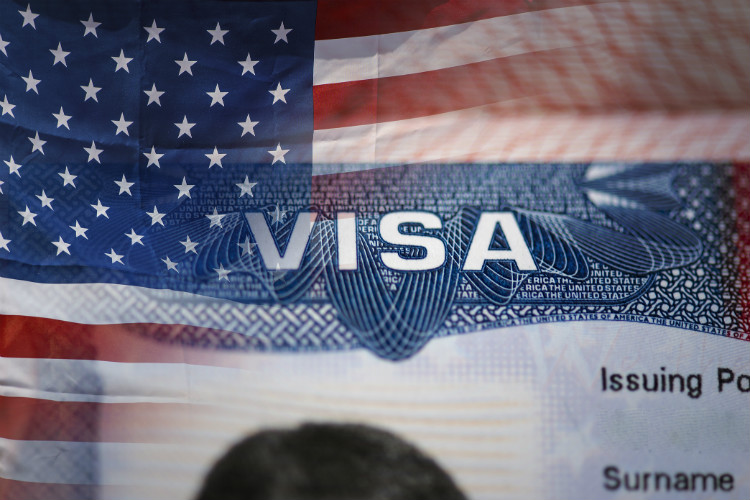There are many reasons why you might want to move to the United States, from starting a fresh career, launching a new business venture, or settling down to retire.
To make this happen, however, you’ll need to get your hands on a visa. The US visa system is notoriously complex, however, and this article gives you a brief overview of what you can expect.
How the US visa process works
The first step in getting a visa is deciding which one best fits your circumstances.
There are visas for most situations, some highly specific and others more general.
Once you know which visa to go for, you’ll have to file a DS-160 visa application on the US State Department website.
After filling out the form, you’ll need to print the confirmation page, which includes a barcode.
From here, you’ll have to enter your DS-160 number on a different website and pay the application fee. For a majority of cases, the standard application price is $160.
The payment is non-refundable, regardless of whether you get actually get your visa approved or are rejected.
You’ll also need to schedule an appointment at your local US embassy. In the UK, the embassy is located in Mayfair, London.
Unless you are over 80, chances are that you’ll need to appear in person for the interview, which also requires you to provide the relevant documents to embassy staff. The exact papers needed can be determined by the type of visa that you are applying for.
You may be required to hand over your passport during the application processing –
which could be as short as five working days or as long as six months depending on the circumstances – so you’ll need to plan ahead.
Assuming your visa application is successful, it’s worth remembering that holding a visa isn’t the same as being granted permanent residency or citizenship in the US, and you will need to renew your visa periodically.
Visas for work
If you are thinking of capitalising on the ‘American Dream’ and moving there for work, you might need to secure a job before starting the application process. In this case, the employer who has hired you has to file an I-140 form.
If you have ‘extraordinary abilities’, however, then you can request a work visa on your own behalf. A person with ‘extraordinary abilities’ would include those at the top of their field, whether it’s academic, sporting, or something else. The idea is that these individuals don’t need a job offer before moving to the US because they could make a valuable contribution to the country by working in their respective fields.
For everyone else, having excellent qualifications and long-term experience in a profession can increase the chances of getting a work visa approval.
The work visas themselves are commonly known by their number and letter combinations and include the E2 (for people who have money to invest) and the E4 (which includes extraordinary abilities, outstanding professors and researchers, and multinational executives). The H1-B is the ‘regular’ work visa for skilled workers who want to reside in the US for a set period of time.
Visas for retirement
If you’re looking to head to the US and settle during your golden years, you will soon find that the process isn’t quite as easy as in some other countries. For one thing, the US doesn’t actually have a specified retiree visa.
This doesn’t mean that retiring in the country is impossible, however, and many still do move to the US every year. One of the easiest visa routes for retirees is to get sponsorship from a family member who is a US citizen; something worth pursuing if this is an option for you.
Should money be in plentiful supply you can apply for an EB-5 investment visa. This visa is designed to allow wealthy investors to reside in the US, provided they make a meaningful economic contribution.
In practice this means spending $1m to set up a business or $500,000 in a ‘targeted employment area’, which is suffering from high unemployment, or is in a rural area.
The price is obviously very high in this instance, but the EB-5 is considered by many to be the unofficial ‘retiree visa’, plus if your business venture goes well it can prove a healthy source of income.
Getting a visa in the US may be a bit of an ordeal, but the process can pay off if you get clearance to head off and make a life in this great country.









